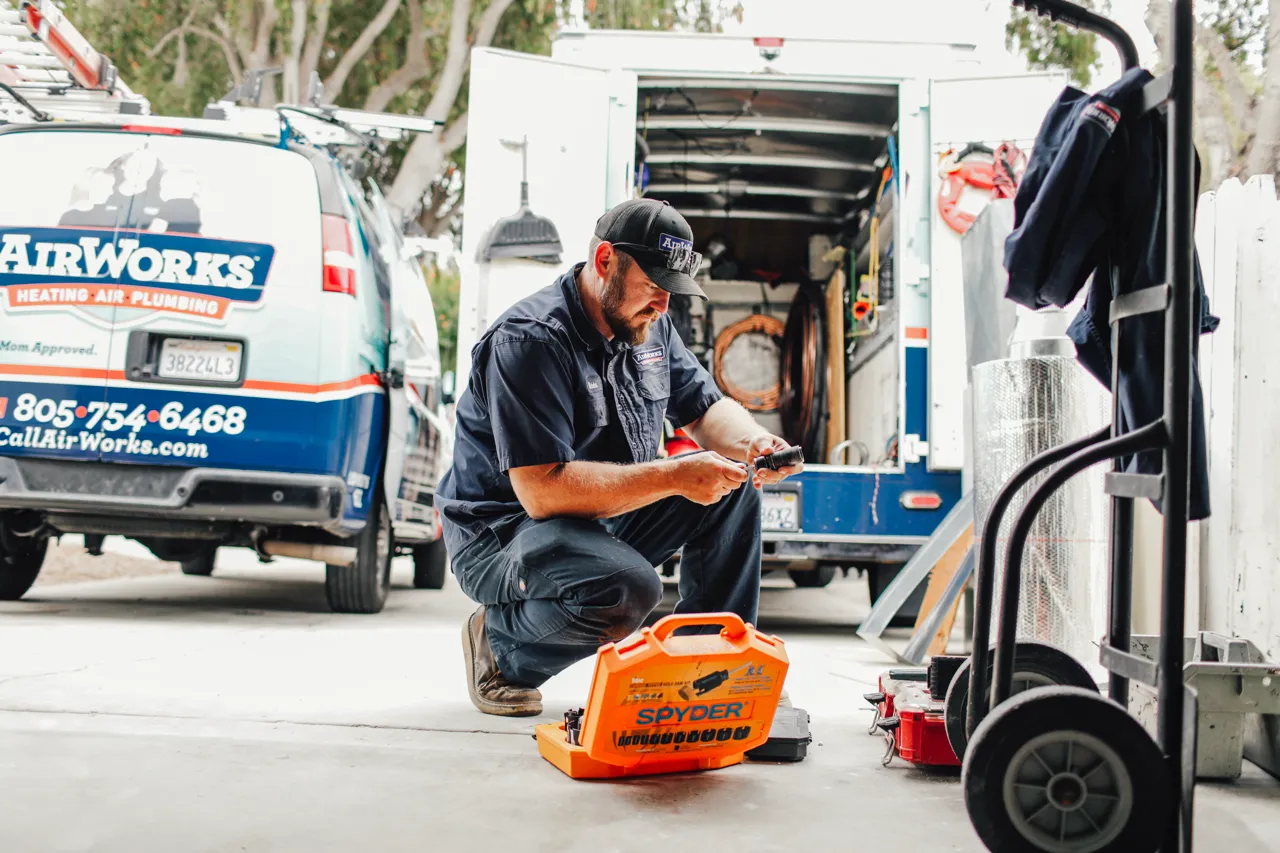Beginner's Guide to Heating Options
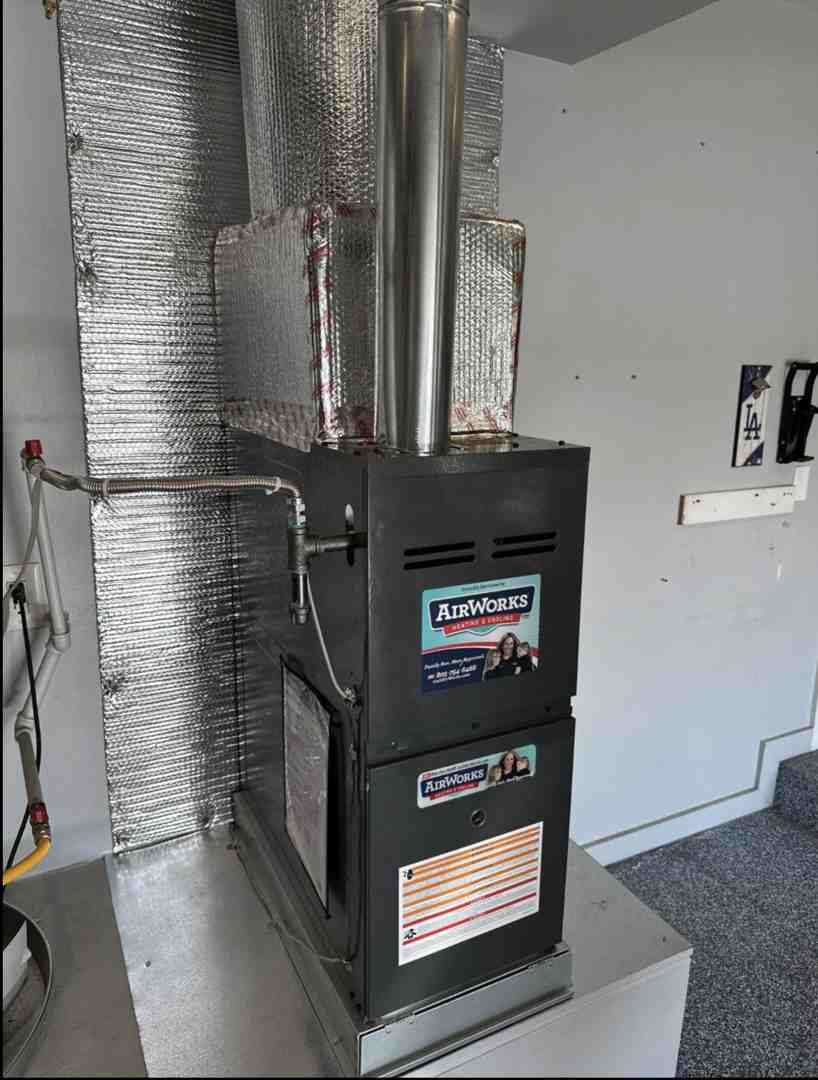
Why Heating Matters for Your Home Comfort and Budget
Heating your home uses more energy and costs more money than any other system, typically making up about 29% of your utility bill. Understanding your options can help you make smart decisions that keep your family comfortable while controlling costs.
Key heating system types to know:
- Furnaces - Heat air and blow it through ducts (most common in North America)
- Boilers - Heat water that flows through radiators or radiant floors
- Heat Pumps - Move heat from outside air or ground into your home
- Direct Heat - Space heaters, fireplaces, and wood stoves for single rooms
By combining proper equipment maintenance and upgrades with recommended insulation, air sealing, and thermostat settings, you can save about 30% on your energy bill and reduce environmental emissions.
This guide will help you understand your options, from how different systems work to what makes them efficient, so you can make the best choice for your Sacramento area home.
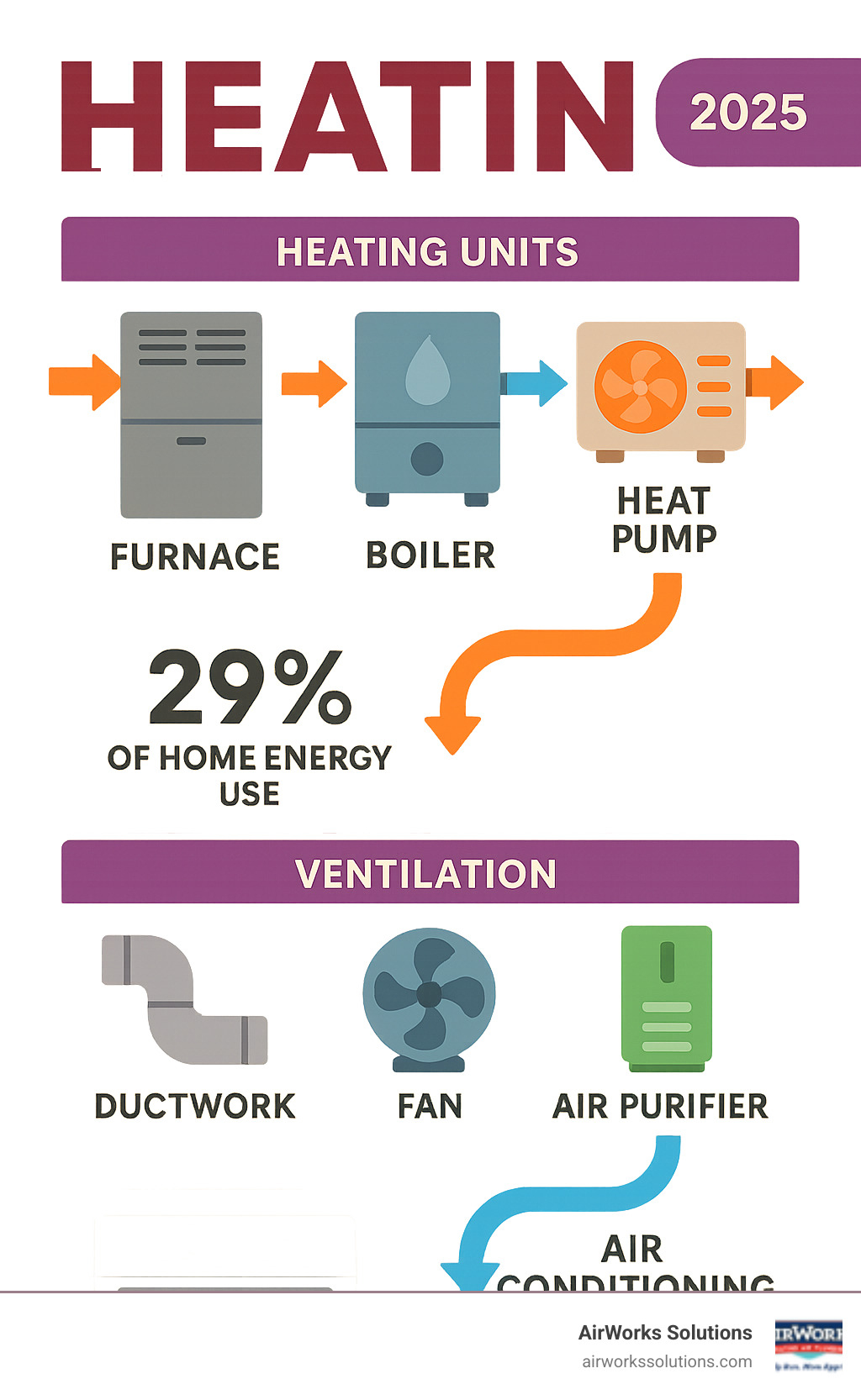
Heating glossary:
- annual furnace service
- gas heater service
Understanding the Basics of Home Heating Systems
Your home's comfort on a chilly morning is thanks to your HVAC system, which stands for Heating, Ventilation, and Air Conditioning. This system manages your home's indoor climate, controlling temperature, humidity, and air quality.
How does your home distribute comfort?
Warm or cool air is moved through your house using either ducted systems or ductless systems.
- Ducted systems, common in North America, use a network of air ducts in walls, ceilings, and floors to distribute conditioned air from a central unit.
- Ductless systems use small indoor units connected to an outdoor unit, allowing for room-by-room temperature control. They are often more efficient as they avoid air loss from leaky ducts. Learn more in our article on the 5 Hidden Benefits of Ductless Mini Split Systems.
What's the difference between HVAC and AC?
Many people use "AC" and "HVAC" interchangeably, but they aren't the same. HVAC is the entire year-round climate control system. AC (Air Conditioning) is only the cooling component. Your Heating system is an equally vital part of the HVAC package.
What makes your HVAC system work?
Every HVAC system has four essential components:
- Thermostat: The control center that tells your system when to turn on and off.
- Heat Source: The furnace, boiler, or heat pump that generates or transfers heat.
- Distribution System: The ducts, fans, and vents that move conditioned air.
- Ventilation Components: Humidifiers, dehumidifiers, and air purifiers that maintain healthy air.
What powers your comfort?
HVAC systems typically run on electricity, natural gas, or both.
- Electric systems often use highly efficient heat pumps that move heat rather than creating it.
- Gas systems use furnaces or boilers. Natural gas is often less expensive than electricity, making these systems cheaper to operate daily.
Understanding these basics is the first step to making informed decisions. For more foundational knowledge, see our guide on 3 Things New Homeowners Should Know About HVAC Systems.
Exploring Central Heating System Types
Central heating systems distribute warmth throughout your home from a single unit, unlike direct heat sources (like space heaters) that warm one room. When it's time to upgrade, several factors are important, which we cover in our guide on What to Consider When Replacing Your HVAC System.
_compressed.jpeg)
Furnaces: The Traditional Choice
Most homes in the Sacramento area use furnaces. These forced-air systems burn a fuel (usually natural gas, propane, or oil) to heat a heat exchanger. A blower then pushes air across the exchanger and through ductwork to warm your home.
Furnace efficiency is measured by its AFUE efficiency rating (Annual Fuel Utilization Efficiency). While older furnaces might have a 60-70% AFUE, modern high-efficiency models can exceed 95%, saving significant energy. Our team can help with Furnace Installation, Furnace Repair, and Furnace Maintenance.
Boilers: Consistent, Radiant Warmth
Boilers use water to deliver heat in what are called hydronic systems. A boiler heats water and circulates it through radiators, baseboard heaters, or tubing in the floor for radiant floor heat. This provides a consistent, gentle warmth. Because they don't blow air, boilers are great for allergy sufferers as they don't circulate dust. For more technical details, the Radiant Panel Association is a useful resource.
Heat Pumps: The All-in-One Solution
Heat pumps are all-in-one systems that provide both heating and cooling. Instead of burning fuel, they move heat. In winter, a heat pump extracts warmth from the cold outdoor air and transfers that heat inside. In summer, it reverses the process, moving heat from your home to the outdoors. This process is highly energy-efficient. We'll explore heat pumps in the next section, but we offer expert Heat Pump Installation and Heat Pump Repair.
A Note on Ventilation and Air Quality
Proper ventilation systems are crucial for a healthy home. Humidifiers add moisture in dry winters, while dehumidifiers remove it in muggy summers. For cleaner air, UV air purifiers and air scrubbers can eliminate airborne contaminants like bacteria, viruses, and odors. These systems work with your heating to create a truly healthy indoor environment. Learn more in our article about The Role of UV Lights in Improving Winter Indoor Air Quality.
A Deeper Dive into Heat Pump Technology
Heat pumps are one of the most efficient ways to heat and cool your home, helping to reduce energy bills and your environmental footprint.
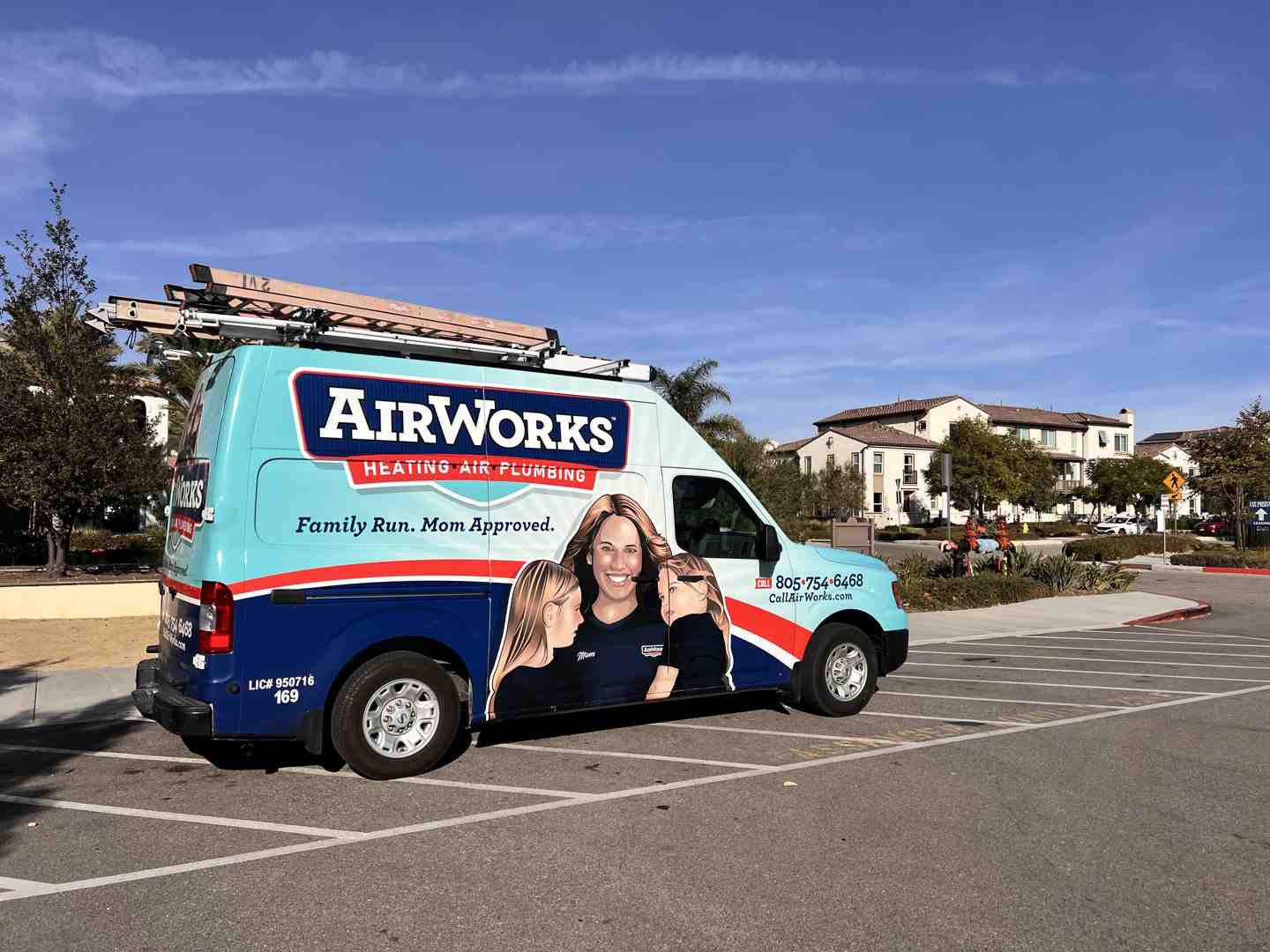
Instead of burning fuel, a heat pump is an electrically powered device that moves heat. Even in cold air, there is heat energy. A heat pump extracts that outdoor heat and brings it inside. In summer, it reverses the process, moving heat from your house to the outdoors. This is achieved through a refrigerant cycle. This technology is proven reliable in various climates, as detailed by Canada's guide on Heating and Cooling With a Heat Pump.
Air-Source vs. Ground-Source Heat Pumps
Heat pumps draw heat from either the air or the ground.
Air-source heat pumps are the most common type. They use the outdoor air as their heat source. Modern "cold climate" models work efficiently even when temperatures drop significantly.
Ground-source heat pumps (geothermal systems) use the stable temperature of the earth, accessed via buried pipes (closed-loop) or groundwater (open-loop).

- Air-source: Less expensive to install and more versatile. However, efficiency can decrease in extreme cold, sometimes requiring backup heating.
- Ground-source: More efficient and reliable in all weather, leading to higher energy savings and slashing heating costs by up to 65% compared to electric furnaces. The main drawbacks are higher upfront installation costs and the need for adequate land.
Efficiency, Performance, and Operating Costs
Because they move heat instead of creating it, heat pumps can achieve efficiencies of 300-400%, while the best gas furnaces top out around 95%. Key efficiency ratings include:
- COP (Coefficient of Performance): A COP of 3 means the pump delivers 3 units of heat for every 1 unit of electricity used.
- HSPF (Heating Seasonal Performance Factor): Measures overall heating efficiency for a season.
- SEER (Seasonal Energy Efficiency Ratio): Measures cooling efficiency.
Operating costs are influenced by outdoor temperature, local electricity rates, proper system sizing, home insulation, and regular maintenance.
Lifespan, Installation, and Key Considerations for your Heating
Air-source heat pumps typically last 15-20 years, while the indoor components of ground-source systems last 20-25 years, with the underground loops lasting over 50 years.
Proper installation by a qualified contractor is essential. Key considerations include:
- Sizing: A detailed load calculation is needed to determine the right size for your home.
- Ductwork: Existing ducts must be clean, sealed, and properly sized.
- Supplementary Heat: A backup system may be needed for air-source models in cold climates.
- Thermostat Settings: Use modest temperature adjustments or a smart thermostat for best performance.
Regular maintenance is key to longevity. We offer expert Heat Pump Replacement and Heat Pump Maintenance services.
Maximizing Efficiency and System Longevity
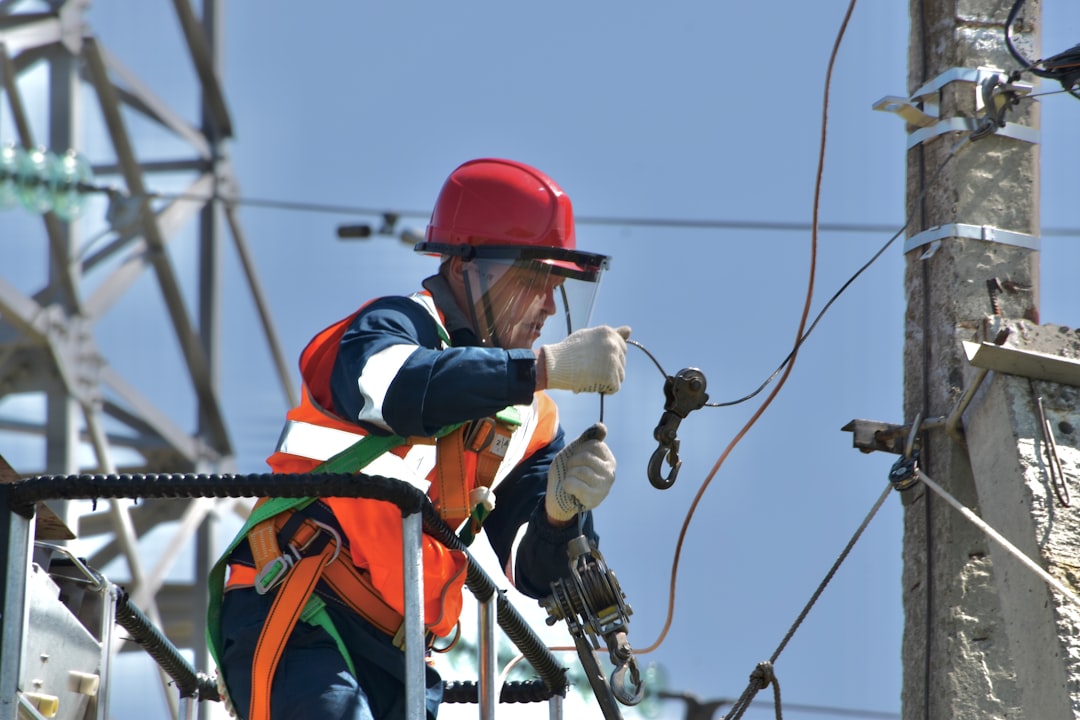
To get the most from your heating system, regular care is essential. A well-maintained system lasts longer, runs more efficiently, lowers energy bills, and improves indoor air quality.
The Critical Role of Regular HVAC Maintenance
Most heating system breakdowns are preventable with regular maintenance. The benefits include:
- Preventing unexpected breakdowns in winter.
- Lowering utility bills through improved efficiency.
- Improving indoor air quality with cleaner, filtered air.
A simple but crucial task is changing your air filters every 1-3 months. A clogged filter forces your system to work harder, wasting energy and risking damage.
Professional tune-ups are also vital. Annually, a technician should clean and inspect components, lubricate moving parts, check electrical connections and refrigerant levels, and calibrate your thermostat. This catches small issues before they become expensive problems. Our Homeowners Checklist for Annual HVAC Maintenance can help you stay on track. We offer comprehensive HVAC Maintenance, HVAC Tune-Up, and a Maintenance Plan to simplify system care.
Upgrading Equipment and a Whole-House Approach to Heating
When repairs are no longer cost-effective, it's time to upgrade. Modern heating equipment is far more advanced, with features like variable speed fans, zoning systems, and multi-stage operation for consistent comfort and energy savings.
For the best results, combine an equipment upgrade with a whole-house approach to energy efficiency. A new, efficient furnace will still struggle if your home leaks heat.
- Proper insulation in your attic, walls, and floors creates a thermal barrier to keep heat inside. Unsure about yours? See our guide: Does My Attic Have Enough Insulation?
- Air sealing closes small gaps around windows, doors, and utility penetrations that lead to major energy loss.
- Smart thermostats learn your schedule and optimize heating patterns to save energy without sacrificing comfort. We can help with Smart Thermostat Installation.
This comprehensive approach can save homeowners about 30% on their energy bills while improving comfort and extending the life of their heating system.
Frequently Asked Questions about Home Heating
We've covered a lot of ground, but here are answers to some of the most common questions we hear from Sacramento area homeowners.
How does an HVAC system differ from an AC system?
This is a common point of confusion.
- HVAC stands for Heating, Ventilation, and Air Conditioning. It is the complete, year-round system that controls your home's climate.
- AC refers only to the Air Conditioning component that cools your home. It is one part of the larger HVAC system.
Understanding this helps you communicate your needs clearly, whether you need service for your furnace in winter or your air conditioner in summer.
How efficient are heat pumps compared to traditional furnaces?
Heat pumps are significantly more efficient.
- Traditional gas furnaces burn fuel to create heat, with the best models achieving over 90% efficiency (AFUE).
- Heat pumps move existing heat from the outdoors to inside your home. This process allows them to reach efficiencies of 300% to 400%.
A heat pump's efficiency is measured by its Coefficient of Performance (COP) or Heating Seasonal Performance Factor (HSPF). A COP of 3 means it produces three units of heat for every one unit of electricity used. This high efficiency often translates to significant savings on heating costs compared to both electric and gas furnaces.
What are the different types of direct heating systems?
Direct heating systems warm individual rooms or zones, making them ideal for supplemental heat. Common types include:
- Space heaters: Inexpensive and portable electric models are common, but can be costly to run for long periods. Gas-fired models require proper ventilation.
- Wood-burning and pellet stoves: These offer substantial heat and ambiance. Pellet stoves are more automated and burn cleaner. Both require professional installation and maintenance for safety.
- Fireplaces: While great for atmosphere, traditional open fireplaces are inefficient heaters. For effective heating, look for efficient inserts with glass doors and an outside air source.
Conclusion
This guide provides a roadmap for making smart decisions about your home's heating system—a system that manages your comfort and nearly a third of your energy costs. Whether you're maintaining an existing unit or considering an upgrade to a high-efficiency furnace or heat pump, you now have the knowledge to move forward confidently.
Understanding your heating system empowers you to make impactful changes. Simple actions like changing filters or scheduling maintenance can save money and extend your system's life. When it's time for a larger investment, you'll know what features matter for your home.
Every home is unique, and the best heating solution depends on your climate, budget, and comfort needs. Working with professionals who understand the Sacramento area is key. At AirWorks Heating Air Plumbing, we've been providing honest, customer-focused advice since 2010. We've seen how the right heating system, properly installed and maintained, can transform a home's comfort and utility bills.
Your home should be your sanctuary. For expert guidance on all your Heating Services needs in the Sacramento area, we're here to help you make that a reality.

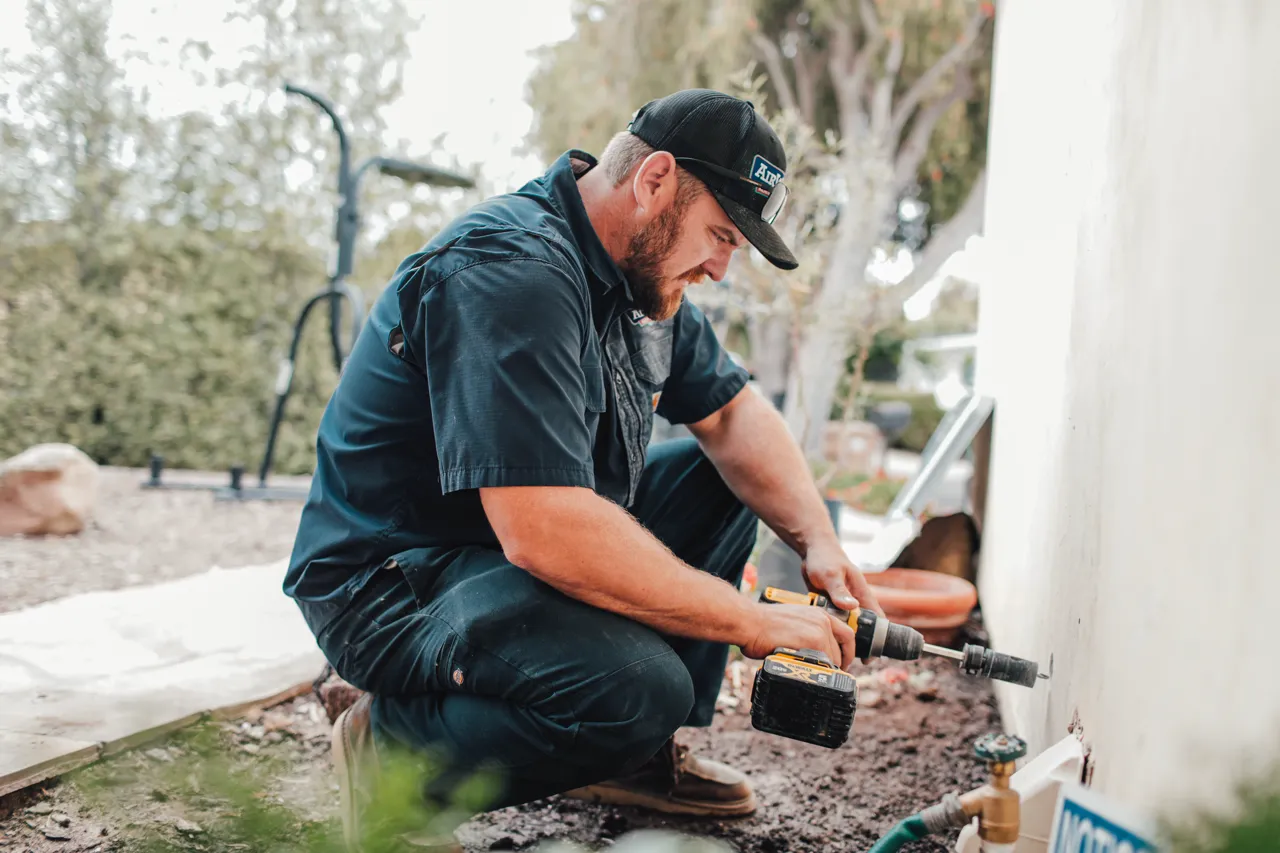
.webp)
